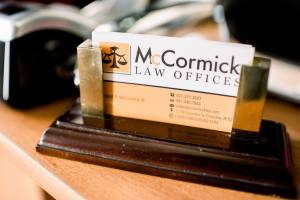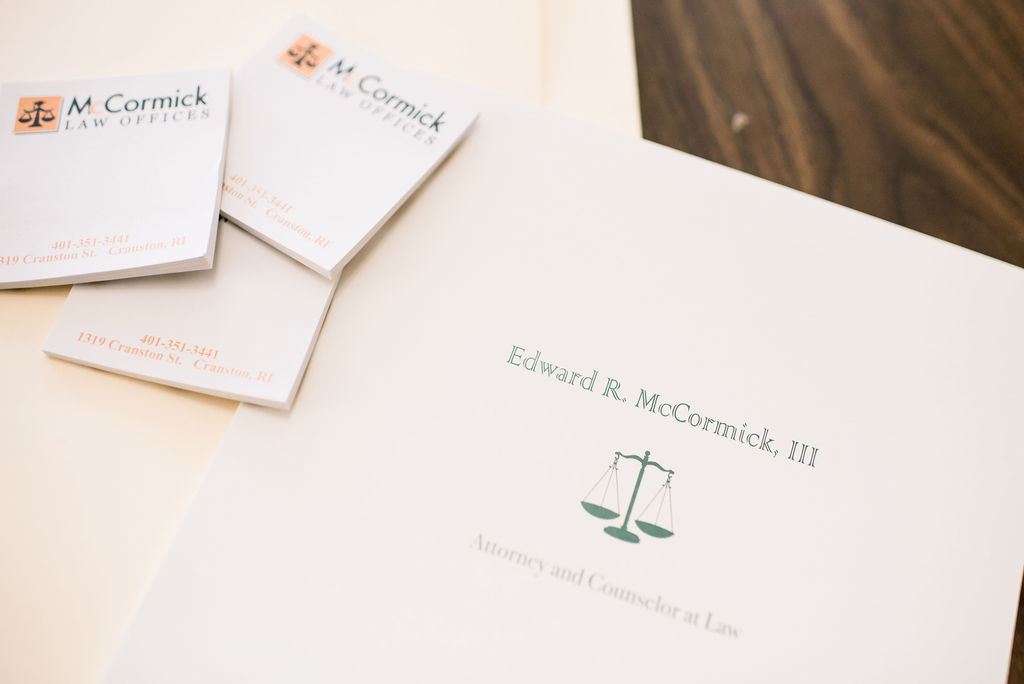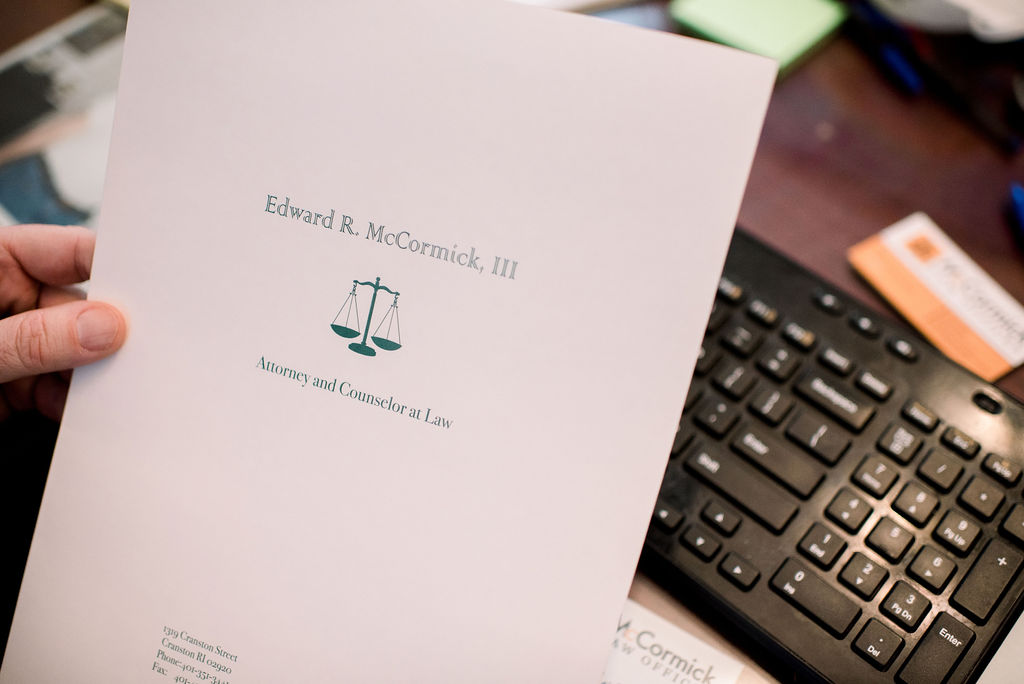Joint ownership offers a convenient way to transfer property after death, but it’s not a complete substitute for a will. If you’re wondering, “Do I need a will if I have joint property in Rhode Island?”, the answer is almost always yes. A will helps protect assets not covered by joint ownership and ensures your wishes are honored across your full estate.
What Is Joint Property?
Joint property is ownership shared between two or more people. In Rhode Island, common types include:
- Joint Tenancy with Right of Survivorship: The surviving co-owner automatically inherits the deceased’s share.
- Tenancy by the Entirety: A special form of joint ownership available only to married couples.
- Joint Bank Accounts: Allow both owners to use the account and typically pass to the surviving account holder.
These types of property do not go through probate and pass automatically to the surviving joint owner.
Why a Will Is Still Necessary
Joint ownership only covers specific assets. A will is essential to:
- Distribute individually owned property
- Appoint guardians for minor children
- Name an executor to handle your estate
- Prevent family disputes over your wishes
- Include backup plans in case a joint owner passes simultaneously or first
A will ensures that all aspects of your estate are legally addressed—not just jointly titled assets.
Examples Where a Will Matters Despite Joint Property
Individually Owned Property
If you own a vehicle, investment account, or business interest solely in your name, those assets must be addressed in your will.
Personal Items
Heirlooms, jewelry, and personal possessions not jointly owned won’t transfer automatically. A will allows you to specify who receives them.
Simultaneous Death
If both joint owners pass away at the same time, the property could be subject to probate. A will provides a plan for this rare but critical scenario.
Children from Previous Relationships
If you want your children from a prior marriage to inherit part of your estate, a will can override the default flow of assets to a surviving spouse.
What Happens Without a Will?
If you die without a will in Rhode Island (intestate), your non-joint assets are distributed according to state law—not necessarily your preferences. The court will appoint an administrator and divide property among surviving relatives based on a fixed formula.
How a Will and Joint Ownership Work Together
Using both strategies creates a more complete estate plan:
- Joint ownership handles immediate transfers without probate
- A will ensures remaining property is distributed according to your wishes
- Together, they reduce legal complications and emotional stress for loved ones
An attorney can help ensure titles, designations, and your will work in harmony.
Related Reading
Build your knowledge of estate planning in Rhode Island:
Final Thoughts
So, do you need a will if you have joint property? Absolutely. Joint ownership is only part of the picture. A properly drafted will ensure that every asset—whether held jointly or individually—is distributed as you intend. It’s an essential tool for peace of mind, protecting your loved ones and your legacy.
Ready to create or update your will?
Contact McCormick Law Offices to ensure your estate plan is complete.







